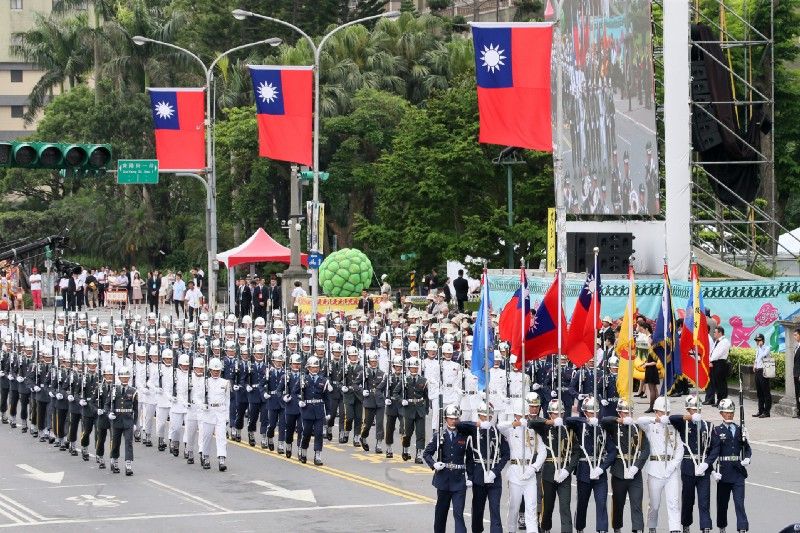March 20, 2018
As the US and China slouch towards each other’s throats over trade and technology, one of the issues that is set to get hot again is Taiwan. Late last week, President Trump signed a bill that encourages high-level official bilateral visits between Washington and the island nation of 23 million. Beijing, which considers Taiwan to still be a province of China, is not pleased.
As a reminder, self-governing Taiwan is where the nationalist forces who lost the Chinese civil war to Mao set up shop in 1949. As part of a deal to establish formal relations China in 1979, the US agreed to pantomime Beijing’s “One China” policy, while also maintaining a robust trade relationship with the island that includes more than $25 billion in arms sales since then.
In recent months, the temperature has risen as the US broadens its diplomatic support for the pro-independence leadership that won Taiwan’s elections in 2016, while China has increased its efforts to diplomatically isolate and militarily threaten the island. Chinese officials have warned that if the US keeps up its new overtures to Taiwan, Beijing could move to forcefully reunite the island with the mainland — a longstanding threat that carries new weight under the assertive leadership of President Xi Jinping.
Trump and Congress, for their part, seem unfazed. Set in the context of broader tensions between the US and China — over trade, technology, North Korea, and the South China Sea — this long-simmering point of contention between Washington and Beijing could get hot again, and fast.
More For You
- YouTube
Make no mistake, says the Stanford political scientist.
Most Popular
After the US captures Nicolás Maduro, is Venezuela headed for stability, or chaos? Ian Bremmer talks to Senator Ruben Gallego and Frank Fukuyama about what comes next.
- YouTube
Welcome to the Jungle
© 2025 GZERO Media. All Rights Reserved | A Eurasia Group media company.
